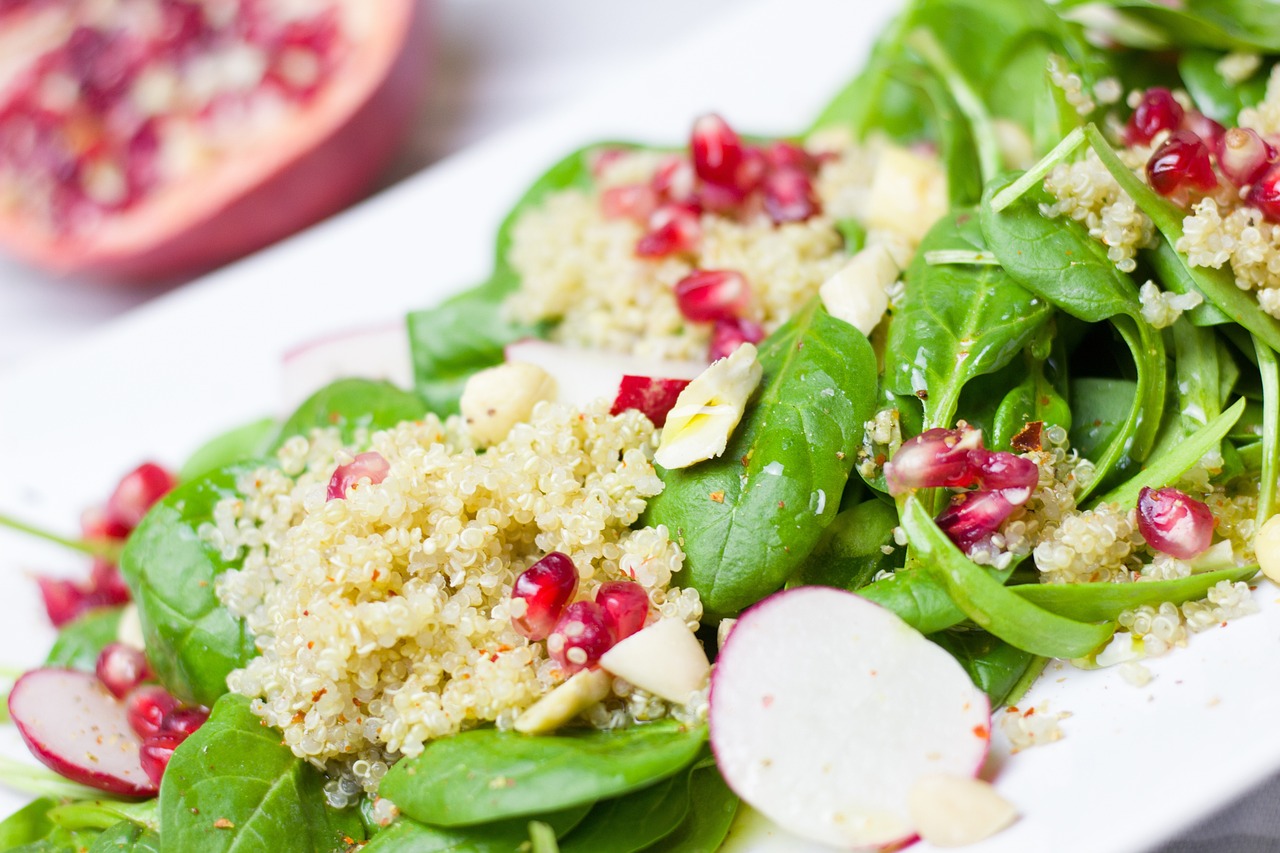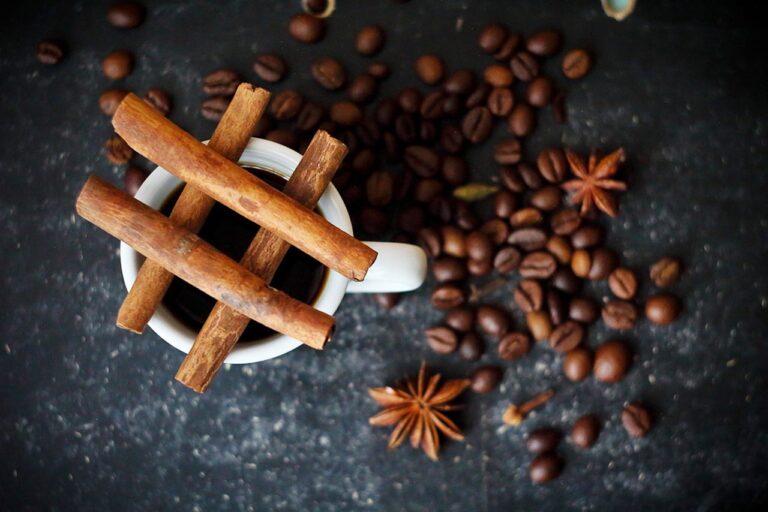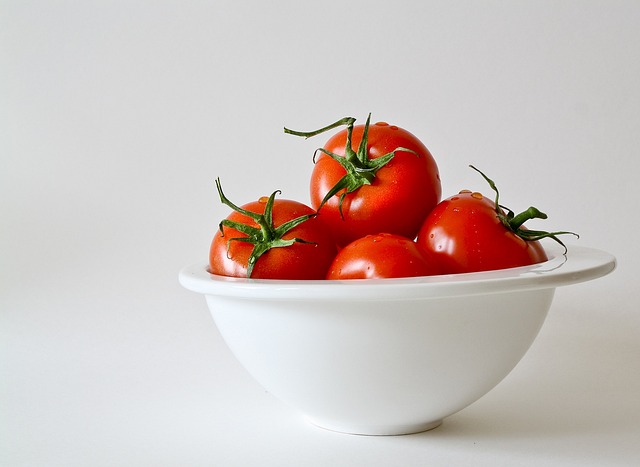How to Create Sauces for Pit BBQ
all panal.com, laser247 com, yalo247:Barbecue is a beloved American tradition that brings family and friends together over smoky, delicious meats cooked low and slow on a pit. While the meat is undoubtedly the star of the show, no barbecue is complete without a delicious sauce to slather on top. Whether you prefer a tangy vinegar-based sauce, a sweet and spicy molasses-based sauce, or a creamy white sauce, creating your own homemade sauces can take your pit BBQ to the next level.
Making your own sauces allows you to customize the flavors to suit your preferences and impress your guests with your culinary skills. In this guide, I’ll walk you through the basics of creating sauces for pit BBQ that will elevate your barbecue game.
Start with the Basics: Ingredients
Before you start creating your sauces, it’s essential to have a well-stocked pantry of basic ingredients that will form the foundation of your recipes. Here are some essential ingredients to have on hand:
– Ketchup
– Mustard
– Vinegar (apple cider, white, or red wine)
– Worcestershire sauce
– Soy sauce
– Molasses
– Honey
– Brown sugar
– Hot sauce
– Spices (paprika, chili powder, garlic powder, onion powder, cayenne pepper)
– Butter
– Oil (olive, canola, or vegetable)
– Lemon or lime juice
– Onions and garlic
By keeping these ingredients on hand, you’ll be prepared to whip up a variety of sauces to complement your pit BBQ.
Experiment with Flavor Profiles
When creating sauces for pit BBQ, the possibilities are endless. You can experiment with different flavor profiles to create a sauce that complements your meat of choice. Here are a few classic flavor profiles to get you started:
– Sweet and Spicy: Combine brown sugar, honey, and hot sauce for a sauce that balances sweetness with heat.
– Tangy and Vinegary: Mix vinegar, mustard, and Worcestershire sauce for a tangy sauce that cuts through the richness of the meat.
– Smoky and Spicy: Add smoked paprika, chipotle peppers, and cumin for a smoky sauce with a kick.
Don’t be afraid to get creative and try out different combinations of ingredients to find the perfect flavor profile for your pit BBQ.
Cooking Techniques
Once you’ve gathered your ingredients and settled on a flavor profile, it’s time to start cooking. Cooking your sauce over low heat allows the flavors to meld together and creates a rich, complex sauce that will elevate your barbecue.
Start by saut驮g onions and garlic in oil or butter until they’re soft and translucent. This will add depth and complexity to your sauce. Next, add your wet ingredients such as ketchup, vinegar, and Worcestershire sauce, followed by your dry ingredients like spices and sugar. Simmer the sauce over low heat, stirring occasionally, until it reaches your desired consistency.
If you prefer a thicker sauce, you can simmer it for longer to reduce it down. If you like a thinner sauce, you can add water or broth to reach your desired consistency. Taste your sauce as it cooks and adjust the seasoning as needed.
Storage and Serving
Once you’ve created your homemade sauces, you can store them in an airtight container in the refrigerator for up to two weeks. You can also freeze your sauces for longer storage.
When it’s time to serve your pit BBQ, brush the sauce onto your meat during the last few minutes of cooking to allow the flavors to meld together. You can also serve your sauces on the side for dipping or drizzling over the meat at the table.
FAQs
Q: Can I make my sauces ahead of time?
A: Yes, you can make your sauces ahead of time and store them in the refrigerator or freezer until you’re ready to use them. Just be sure to reheat them gently over low heat before serving.
Q: How can I adjust the spiciness of my sauce?
A: If you find that your sauce is too spicy, you can temper the heat by adding more sweet ingredients like sugar or honey. If you like it extra spicy, you can add more hot sauce or peppers to kick up the heat.
Q: Can I use store-bought sauces instead of making my own?
A: While store-bought sauces are convenient, making your own sauces allows you to customize the flavors to suit your preferences and impress your guests with your culinary skills. Plus, homemade sauces often taste fresher and more flavorful than store-bought versions.
In conclusion, creating your own sauces for pit BBQ is a fun and rewarding way to elevate your barbecue experience. By starting with basic ingredients, experimenting with flavor profiles, and using proper cooking techniques, you can create sauces that will take your pit BBQ to the next level. So fire up your pit, grab your ingredients, and get saucy!







